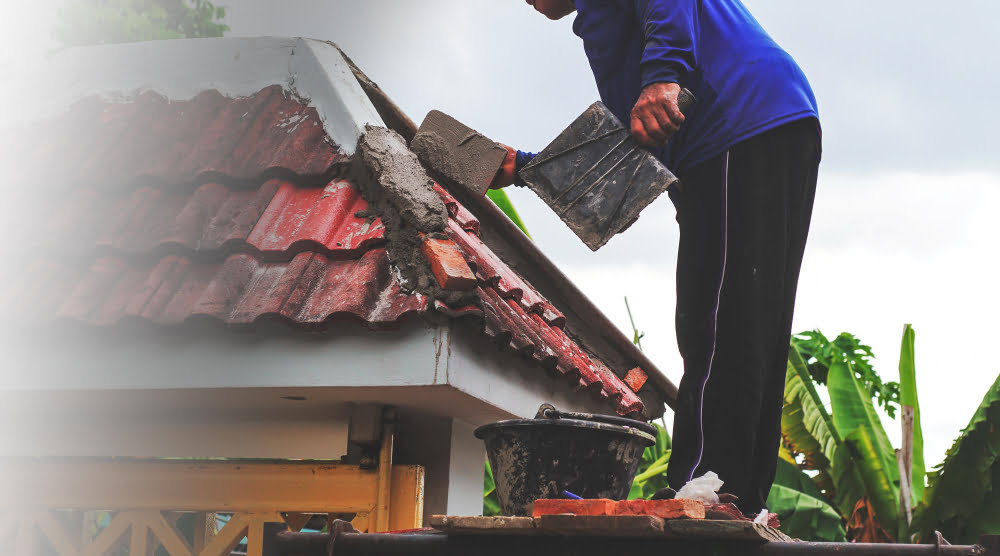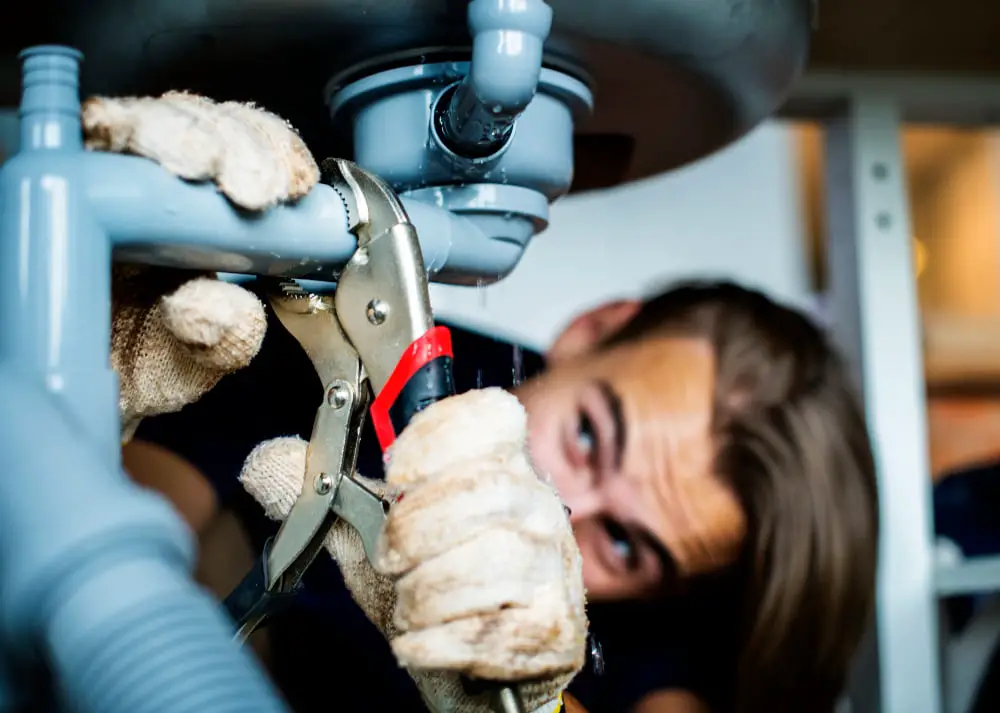Last updated on
Maintaining a home involves a myriad of responsibilities, and home repair tasks are an inevitable part of the homeowner’s journey. From leaky faucets to squeaky floorboards, there’s always something that needs fixing or updating. Making informed choices about these repairs can save you both time and money in the long run.
It’s essential to approach each task thoughtfully, considering factors such as the complexity of the repair, your skill level, and the potential impact on your home’s value and functionality. In this guide, we’ll explore strategies for making informed decisions when it comes to home repair tasks.
Assessing the Scope and Complexity of the Repair
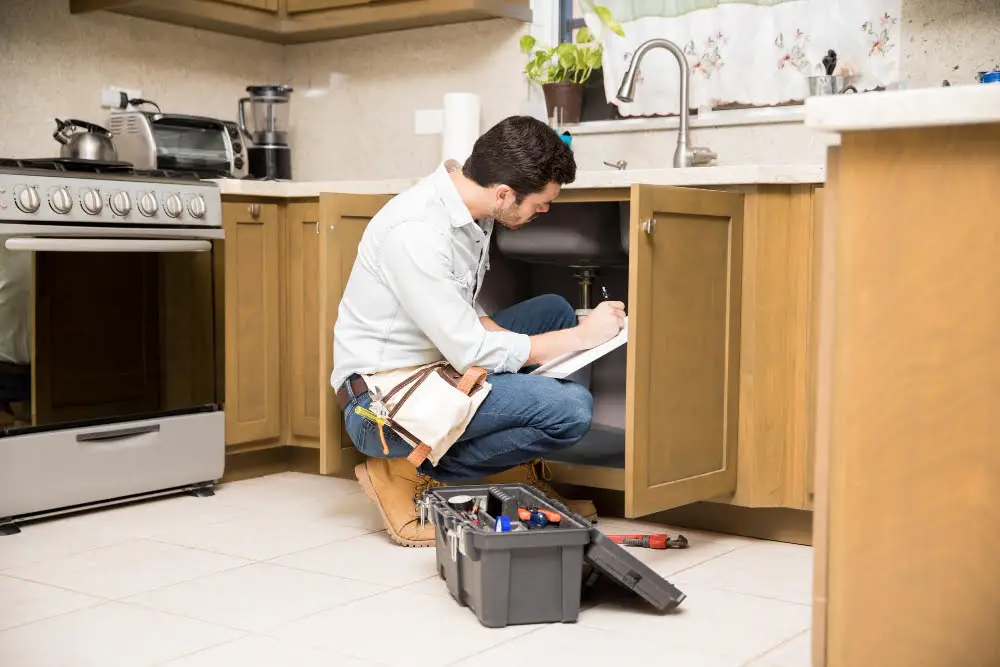
Before embarking on any home repair journey, it’s crucial to assess the scope and complexity of the task at hand. Some repairs might be minor and easily manageable for those with basic DIY skills, while others could require professional expertise. Start by thoroughly inspecting the issue.
Is it a simple fix like tightening a loose screw, or does it involve intricate electrical or plumbing work? Understanding the complexity will help you decide whether to tackle the repair yourself or call in a professional. While minor repairs can often be handled with some basic tools and online tutorials, more complex tasks might require specialized knowledge to avoid causing further damage.
Evaluating Your Skill Set and Available Time
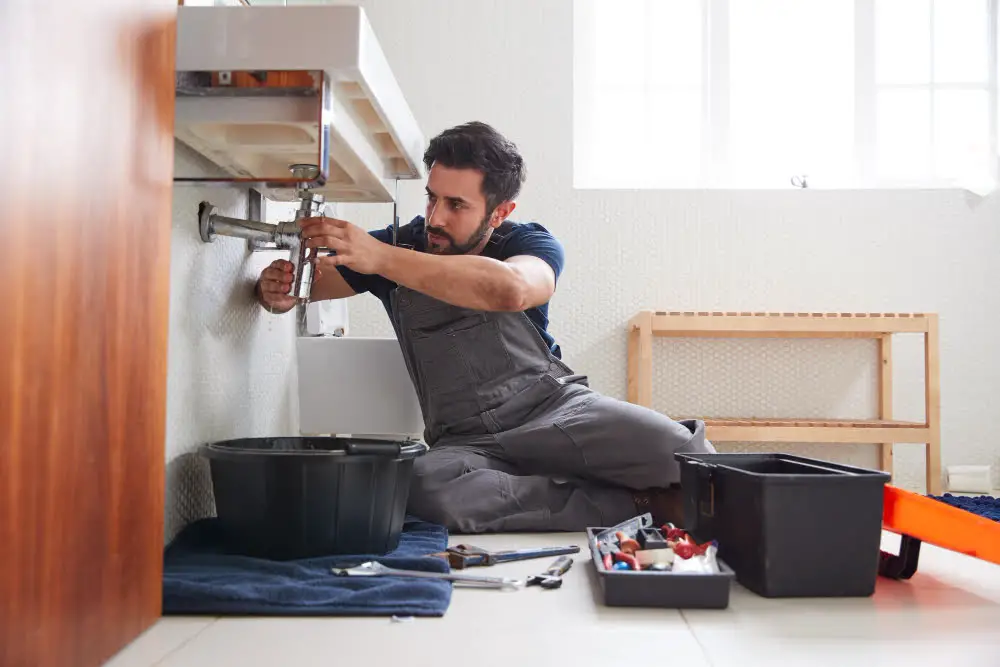
Once you’ve determined the complexity of the repair, it’s time to assess your own skill set and the time you can realistically invest. If you’re a seasoned DIY enthusiast with experience in similar tasks, you might feel confident in taking on a more challenging repair. However, if you’re not familiar with the required techniques and tools, it might be wise to seek expert help.
Keep in mind that while DIY projects can be rewarding, they can also become frustrating and time-consuming if you’re not adequately prepared. Additionally, consider your schedule – do you have a weekend to dedicate to the repair, or is it a time-sensitive task that needs immediate attention? Balancing your skill level and available time will help you decide whether to proceed independently or hire a professional.
The DIY vs. Professional Conundrum
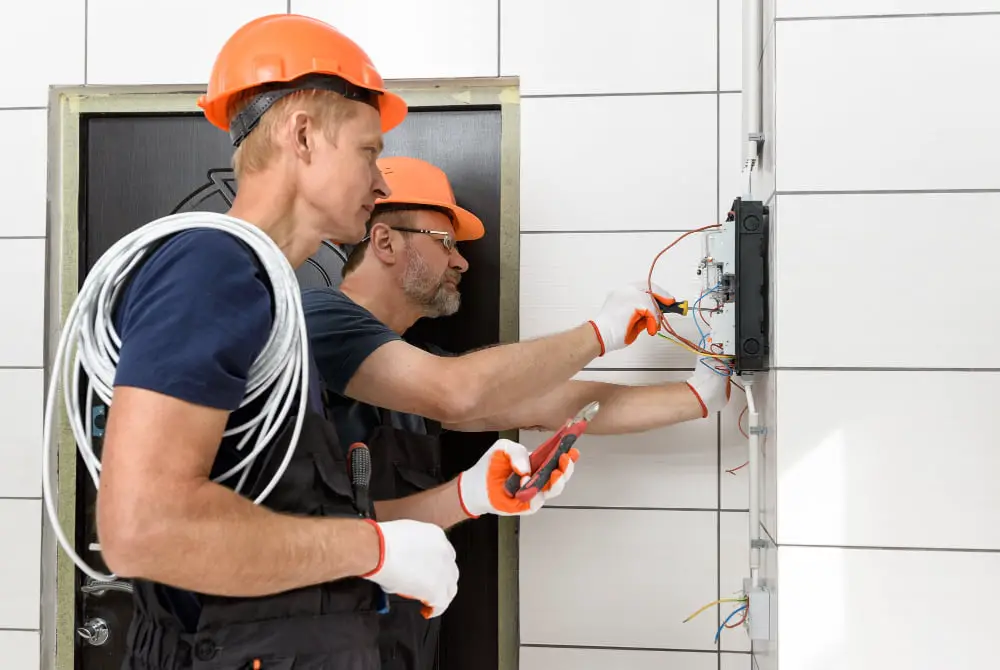
One of the most significant decisions you’ll face is whether to tackle the repair as a DIY project or hire a professional. While DIY can save you money, it’s essential to be realistic about your abilities. Some tasks are better left to experienced professionals for safety reasons.
If your repair involves electrical components, wiring, or systems, it’s imperative to call upon Atlanta-based electricians or licensed electricians in any other location to ensure the safety of your home and those within it. If your repair involves structural repairs, intricate plumbing, or complex HVAC systems, it’s similarly crucial to evaluate whether your expertise aligns with the task’s demands.
Structural integrity is the backbone of your home, and any errors in repairs could have far-reaching consequences. In such cases, consulting with qualified contractors or specialists becomes paramount.
They can assess the extent of the repair needed, provide professional insights, and execute the repair with the precision and skill required to maintain your home’s safety and value. If in doubt about the complexity or risks involved, always consult with experts in the field before making a decision.
Weighing the Financial and Long-Term Implications

Beyond the immediate cost of materials and labor, it’s essential to consider the financial and long-term implications of the repair. Some repairs, when done correctly, can add value to your home and prevent more extensive problems down the line.
For instance, addressing a minor roof leak promptly can prevent water damage that could lead to costly repairs in the future. On the other hand, some repairs might not significantly impact your home’s value and might not be worth the investment.
Research the potential return on investment for the repair and consider how it aligns with your long-term plans for the property. If you’re unsure, consulting a real estate professional or contractor can provide valuable insights into the potential impact on your home’s market value.
Considering Environmental and Energy Efficiency Factors
Home repairs should also take into account environmental and energy efficiency considerations. Before undertaking a repair, think about whether some eco-friendly alternatives or upgrades could reduce your home’s energy consumption. For example, if you’re replacing windows, opting for energy-efficient windows can lead to long-term savings on your utility bills.
Similarly, if you’re fixing a leaky faucet, choosing a low-flow option can help conserve water. Incorporating sustainable practices into your repairs not only benefits the environment but can also enhance the value of your home in an increasingly eco-conscious market.
Considering the Timing of Repairs
Timing can play a crucial role in home repairs, and it’s important to prioritize tasks based on urgency. A leaking roof or a malfunctioning furnace might require immediate attention, while cosmetic repairs can be scheduled at your convenience. Create a list of repairs and categorize them as urgent, important but not urgent, and cosmetic.
This way, you can allocate your time and resources efficiently, addressing critical issues promptly and spreading out other repairs as needed. By addressing urgent repairs swiftly, you can prevent further damage and potential safety hazards.
In the realm of home repairs, informed decision-making is a powerful tool that can save you from unnecessary stress, expenses, and headaches. By assessing the scope of the repair, evaluating your skills and available time, considering financial implications, incorporating environmental considerations, and prioritizing tasks based on urgency, you can confidently choose whether to tackle the task yourself or enlist the help of a professional.
Remember that safety should always come first, and if a repair involves risk or is beyond your expertise, it’s best to seek professional assistance. Ultimately, the goal is to strike a balance between maintaining your home’s functionality, enhancing its value, making eco-conscious choices, and managing repairs effectively.
Continue reading:
Recap
